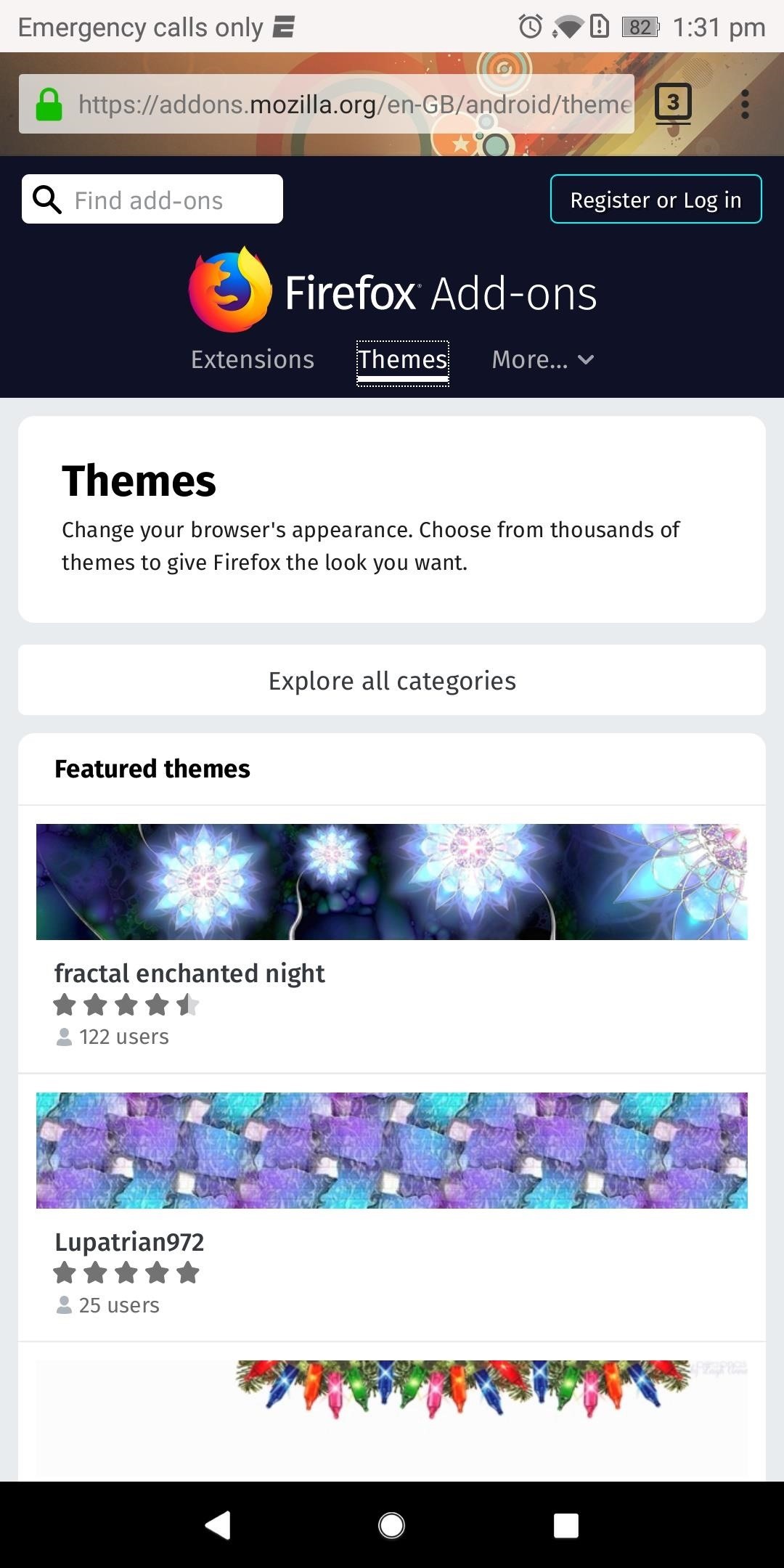

These can be difficult to support in Firefox without relying on unknown small developers, which defeats the privacy purpose of these protocols. Opera has historically been most robust and consistent about supporting cutting-edge protocols such as robust file sharing eDonkey links or bitcoin transactions. Protocol support and the difficulty of adding new link type protocols also vary widely across not only these browsers but across versions of these browsers. The sheer number of extensions is not a good guide to the capabilities of a browser. As Opera has a policy of deliberately including more features in the core as they prove useful, the market for extensions is relatively unstable but also there is less need for them. Developers supporting multiple browsers almost always support Firefox, and in many instances exclusively. Internet Explorer also has an extension system but it is less widely supported than that of others.

While Opera and Google Chrome do the same, extensions for these are fewer in number as of late 2013. To avoid interface bloat, ship a relatively smaller core customizable to meet individual users' needs, and allow for corporate or institutional extensions to meet their varying policies, Firefox relies on a robust extension system to allow users to modify the browser according to their requirements instead of providing all features in the standard distribution.


 0 kommentar(er)
0 kommentar(er)
